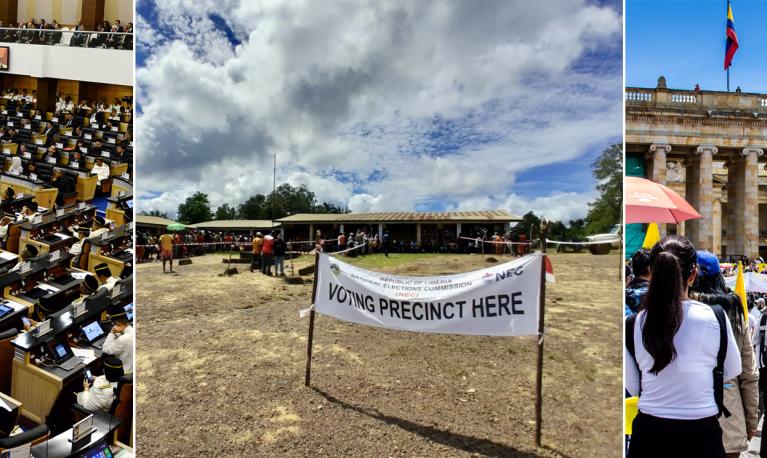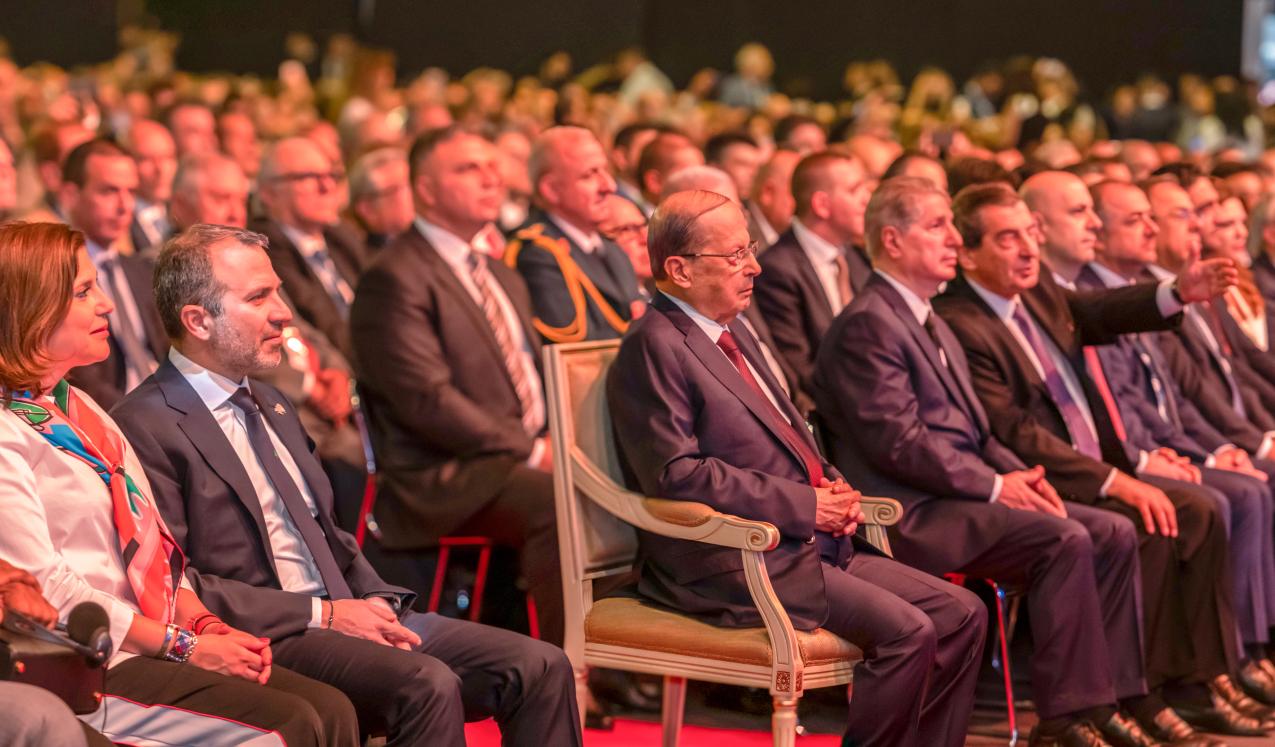
- Blog
- 10 November 2025
Lessons from Lebanon: what works to develop men’s allyship for women political candidates
- Author: Hannah Johnson, Moataz Ghaddar
- Published by: ALIGN
Women’s political empowerment in Lebanon is a paradox. It was one of the first Arab countries to give women the right to vote and stand for election. It also has a strong women’s movement, and the most positive views of gender equality in the countries surveyed by the Arab Barometer.
But this has not translated into power: Lebanon has some of the lowest levels of women in politics in the world. They account for only 6% of MPs and 10% of municipal council members.
Politics is still seen as ‘men’s business’, and women who put themselves forward for election are often pressured to step aside. The impact of these exclusionary norms can be seen in practical barriers: women candidates lack access to networks and resources, and face violence and harassment.
Most programmes that try to address these problems do so by training women on leadership skills, public speaking and campaigning. This is useful, but Lebanese women already have levels of education that are equal to those of men and are often active in civil society. The bigger barriers are deeper and more complex – social and gender norms, male-dominated parties and family dynamics (which play a significant role in Lebanese politics).
This is why the Winning With Women project took a different approach. Since 2019, it has combined mentoring and training for women candidates with something less common – the development of a network of male allies. Given the power that men yield in Lebanese society, the project has brought together influential men to support women candidates, persuade other men to support them, and open doors to spaces that previously excluded women.
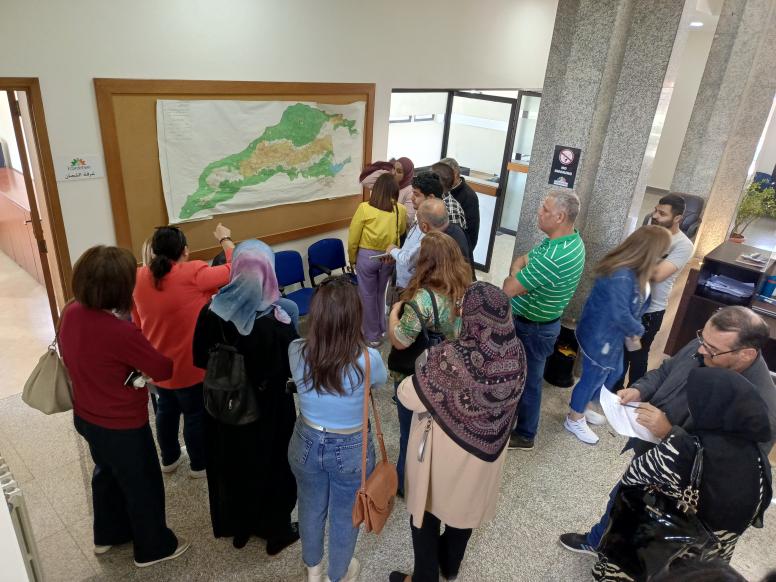
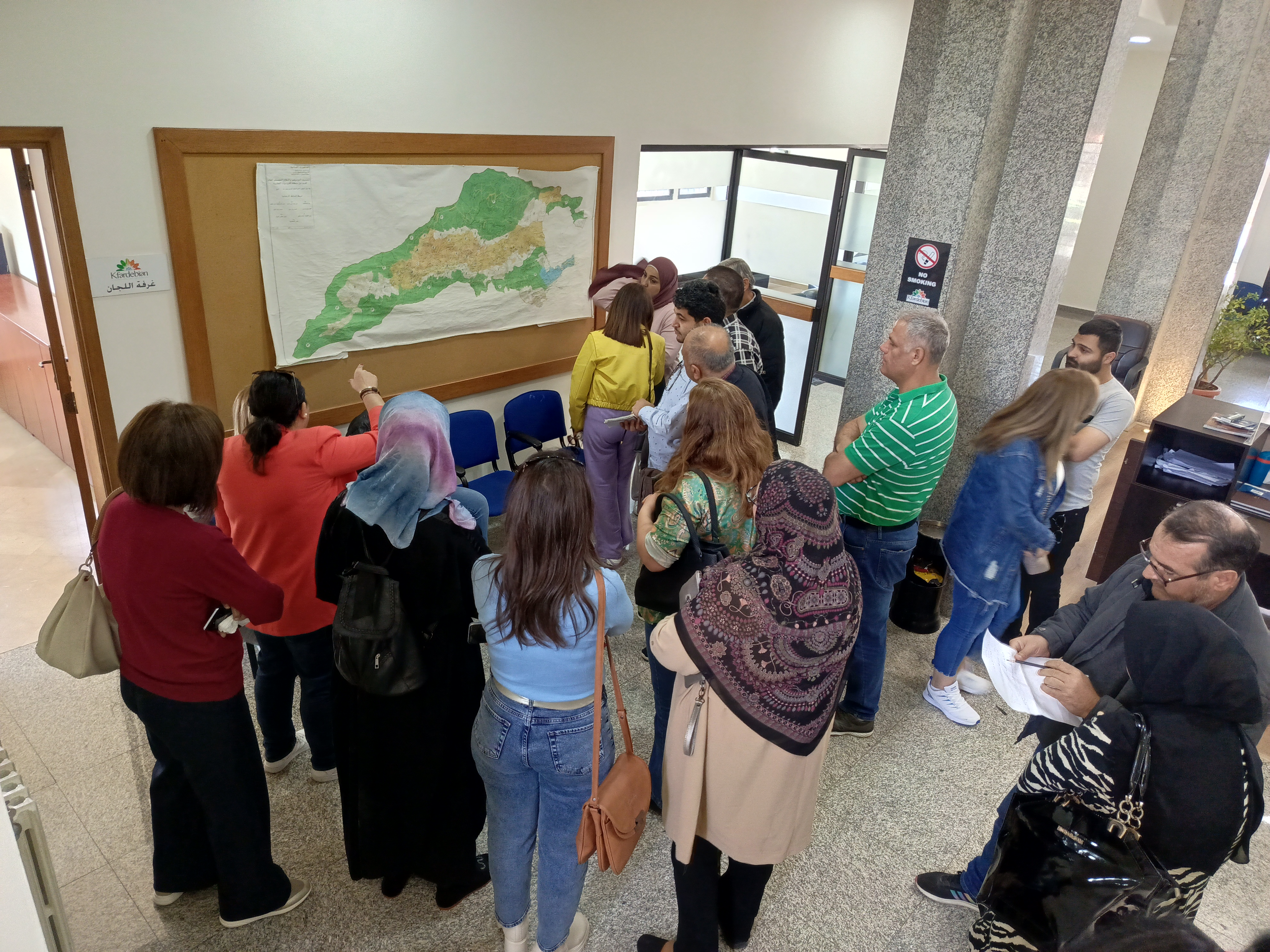
Why engage men?
Men control access to politics in Lebanon, as family elders, party leaders, or religious and community figures. They make decisions about candidate selection, campaign resources, and access to networks. As one female candidate described, ‘those who decide who to nominate are the men in the family, the men in the family meet and decide who will be nominated’. Another observed ‘men prefer men and trust them more than women’.
But very few projects to improve women’s political participation involve men.
Recent global research on supporting gender equality in politics observed that ‘despite the growing consensus that engaging men matters for gender equality change in politics, much remains unknown about which strategies are most effective’. It found that ‘few programmes support women by working with male relatives and gatekeepers’, and ‘efforts to cultivate male allies are far from the norm’. As a result, there is little evidence about what works.
Our research on the impact of male allies on women’s political empowerment found that they can play an important role in shifting attitudes, changing behaviour and challenging norms by:
- Persuading families to nominate women. Given the power of families in candidate selection, some allies persuaded male relatives to step aside for women candidates. One candidate described how her ally convinced her husband to support her run for election: ‘That meeting changed my husband’s mindset completely. Imagine – my husband was the biggest obstacle in my path. But after that, he flipped completely.’
- Opening closed spaces. Some allies used their standing to introduce women to their networks or spoke up for them in meetings that were not accessible to women. One candidate noted that ‘you need someone to speak on your behalf in meetings, and only men have access to those.’
- Building confidence. For many candidates, the most valuable support was encouragement. As one said: ‘It really affected me – to know that someone sees hope in me.’ By encouraging and motivating women candidates, male allies challenged the norm of politics being ‘men’s business’.
- Campaign support. Allies also helped in practical ways, like logistics, communication and voter outreach.
Candidates often said that male allies were essential to persuading sceptical men in their communities. As one candidate put it: ‘[men] can influence other men in meetings and discussions.’
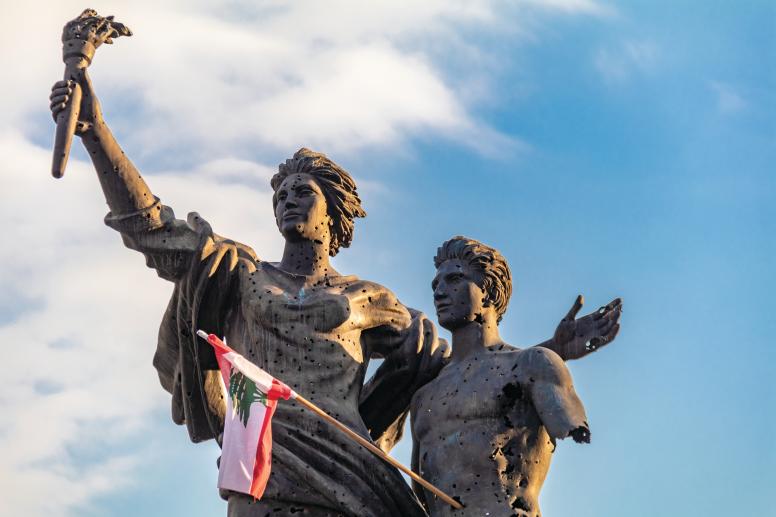

The right people, relationships and learning design: what encouraged men to step up
One of the most surprising findings was the discovery of who turned out to be the most effective allies. Candidates found that the strongest supporters were older men with influence but a less direct stake in maintaining current power dynamics, or younger men who wanted a different kind of politics.
But allies didn’t all start from the same point. Some were sceptical, while others were more supportive. A Lebanese-led team, with a male project manager, built non-judgemental relationships regardless of where participants were on the allyship continuum.
Instead of imposing a set curriculum designed elsewhere, the project worked with allies to design learning that reflected their realities. This made them more willing to take ownership.
Study visits to municipalities led by women were particularly powerful. As one male ally said: 'We touched it by hand, we saw it with our own eyes.' Concrete examples of women’s leadership changed minds more than abstract arguments.
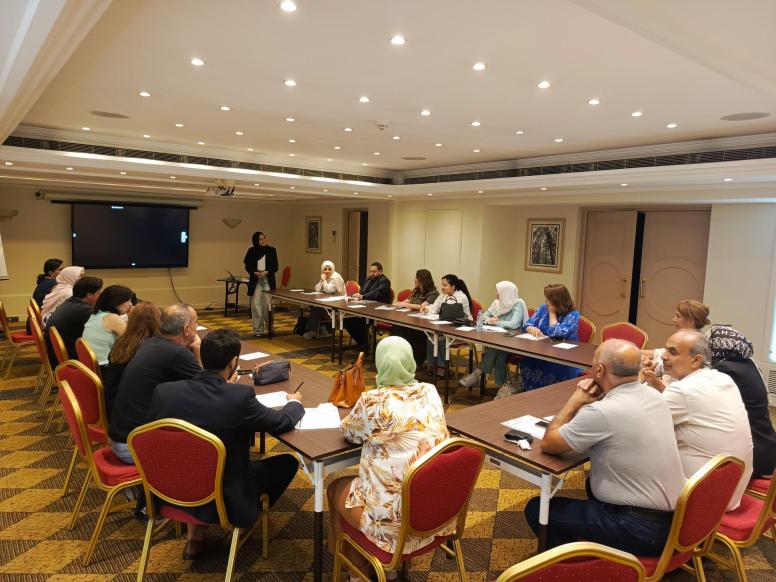
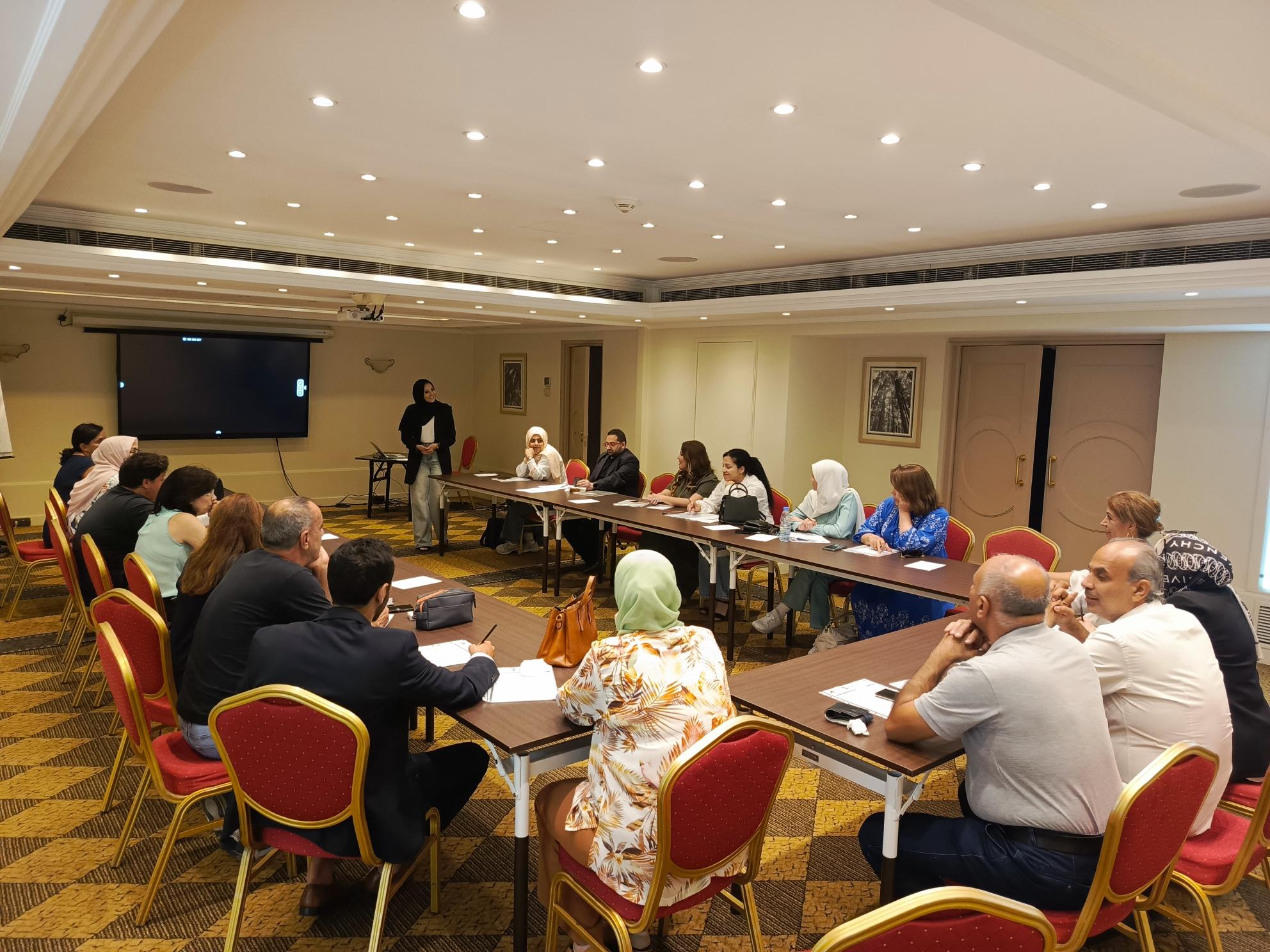
From challenging norms to managing backlash: the impact of male allyship
Our project showed that male allyship for women electoral candidates can lead to real changes. Men’s attitudes shifted, communities grew more open to women candidates, and women themselves gained confidence and visibility. As a result, norms about women’s role in politics were challenged. One candidate noted: 'People don’t look at me as a woman anymore. I am a human being with ideas and solutions.'
The project also created ripple effects. Some allies debated with friends about gender norms, raised the issues in their workplaces, and helped other women candidates. In turn, women candidates went on to support younger men who wanted to campaign differently.
There were challenges too. Some allies faced ridicule, suspicion or reprisals for supporting women, especially from other men. Some women worried that relying on men risked undermining their independence. But overall, the benefits seemed to outweigh the drawbacks.
What we learned about designing male allyship programmes
Winning With Women showed that engaging men as allies can make a difference to women’s political participation, but it isn’t easy or quick.
- A dual approach works best: supporting women while also working with men tackles barriers on both sides.
- Trust and local leadership are essential: long-term relationships, local teams, and humility matter more than generic toolkits.
- Learning must be practical: facts, examples and lived experience persuade men more than theory.
- Success looks different for everyone: for some, it was a woman running despite pressure to step down. For others, it was a man speaking up for the first time for women in his community.
This was a small-scale project, running during a period of intense conflict and instability in Lebanon. But it showed that men can shift from being bystanders to becoming advocates, and that allyship can help women break into political spaces where they are still excluded.
The project’s insights offer a valuable opportunity to test the male allies' approach in other contexts, and – most importantly – to see if it can shift gender norms over the long term.
One woman candidate summed it up: 'As a woman, you genuinely need men. And men need women. You can’t move forward without both.'
Read the full report - The Road We Build: How women candidates and male allies are shaping a new politics in Lebanese local government.
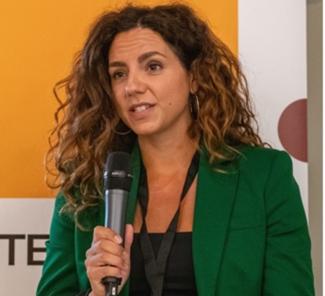
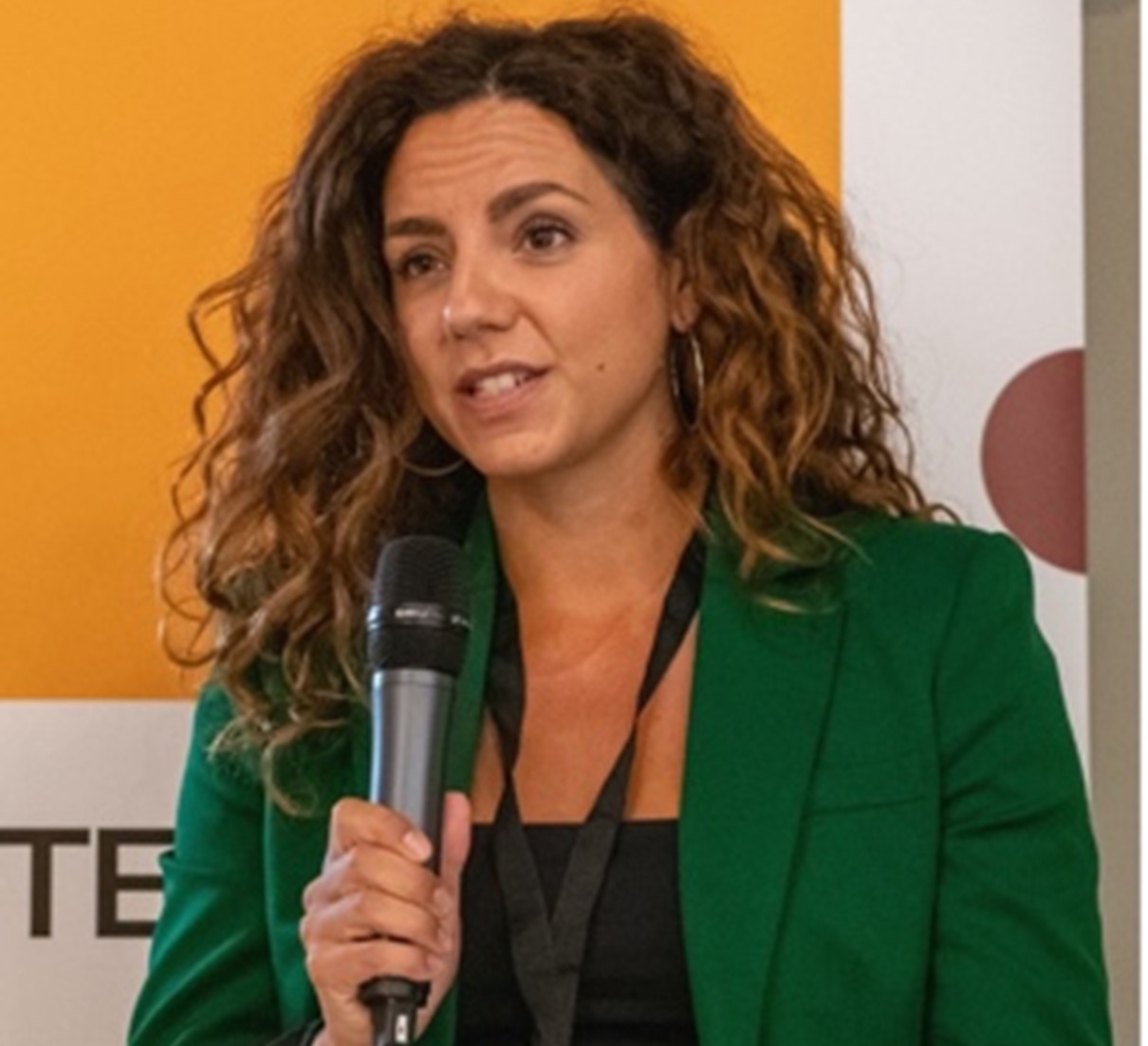
About the authors
Hannah Johnson is Chief Technical Advisor at Global Partners Governance and has over 15 years of experience working in and with parliaments across the UK and internationally. Her expertise spans political leadership, evidence-based policymaking, oversight and law-making, gender-sensitive parliaments, human rights, and public engagement.
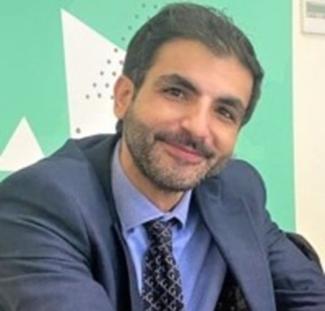
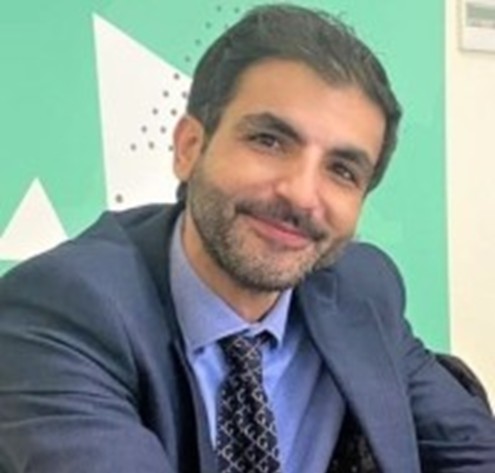
Moataz Ghaddar is a Project Manager at the Global Partners Governance Foundation, where he leads initiatives in training, mentoring and research support for the Winning with Women project. He is a trainer in leadership, communication and equality, a mentor and researcher, specialising in women’s political empowerment.
- Countries / Regions:
- Lebanon
Related resources
Blog
5 January 2026
Published by: ALIGN
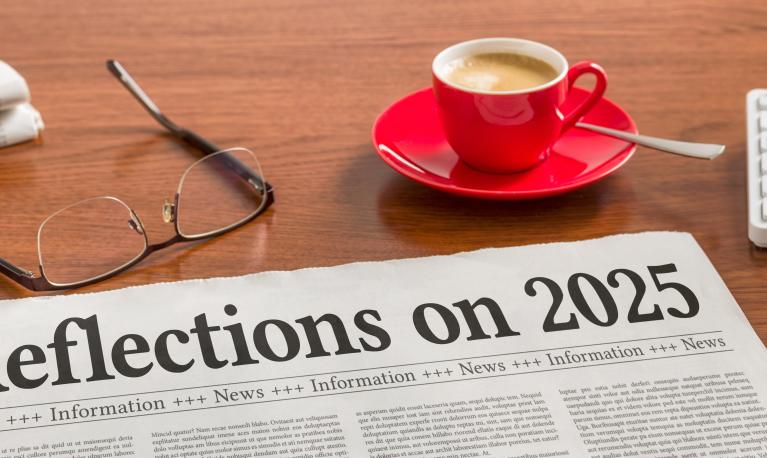
Report
3 December 2025
Published by: ALIGN, Data-Pop Alliance
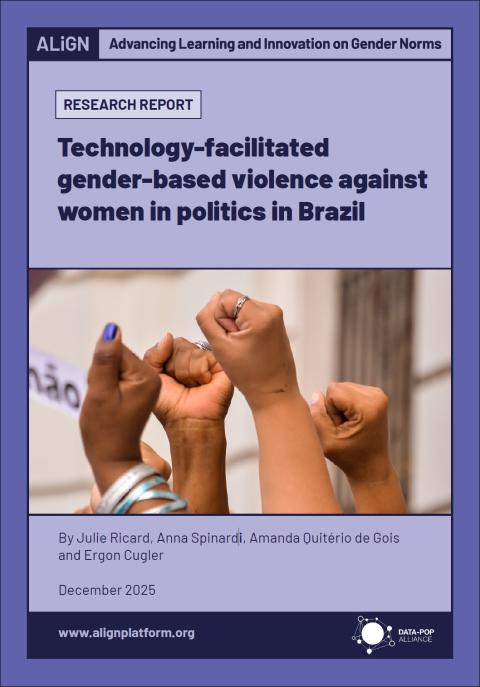
Report
28 November 2025
Published by: ALIGN, development Research and Projects Centre
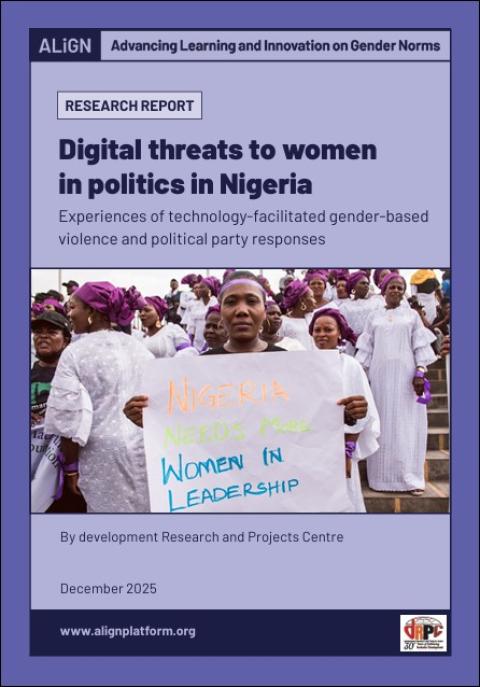
Briefing paper
5 November 2025
Published by: ODI Global, ALIGN
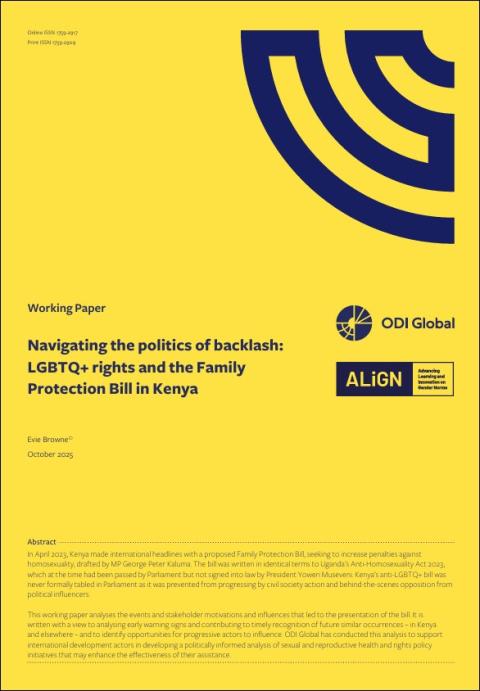
Report
20 October 2025
Published by: ODI Global
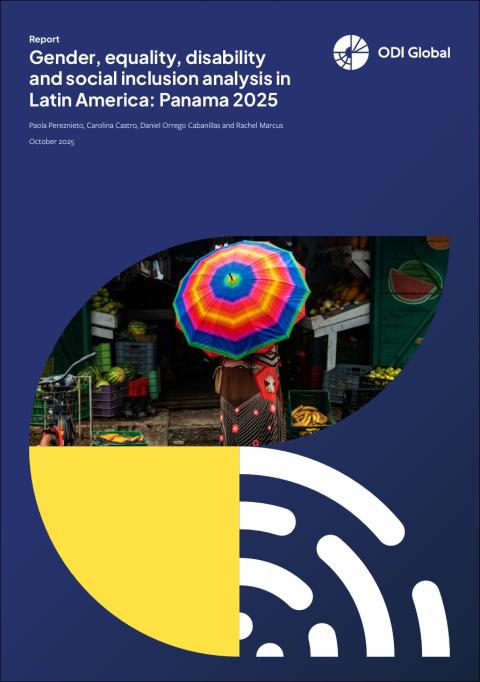
Report
21 August 2025
Published by: ODI Global, CIEDUR
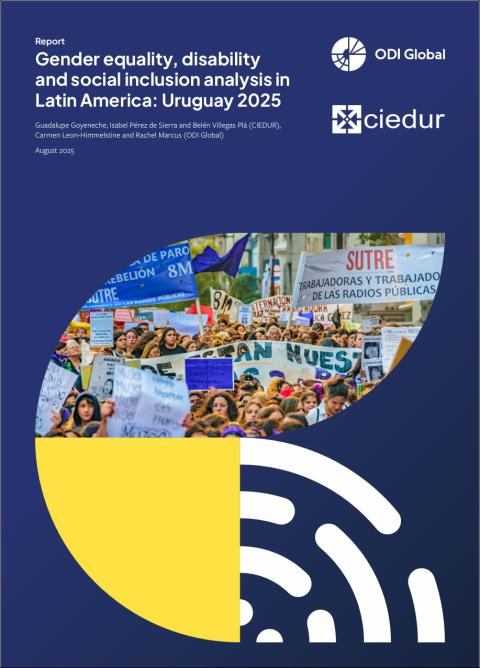
Briefing paper
1 March 2025
Published by: Better Politics Foundation
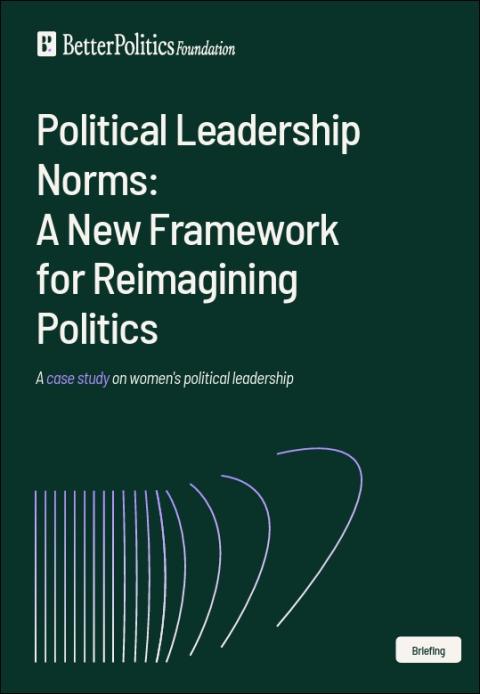
Blog
10 February 2025
Published by: ALIGN

Blog
19 December 2024
Published by: ALIGN
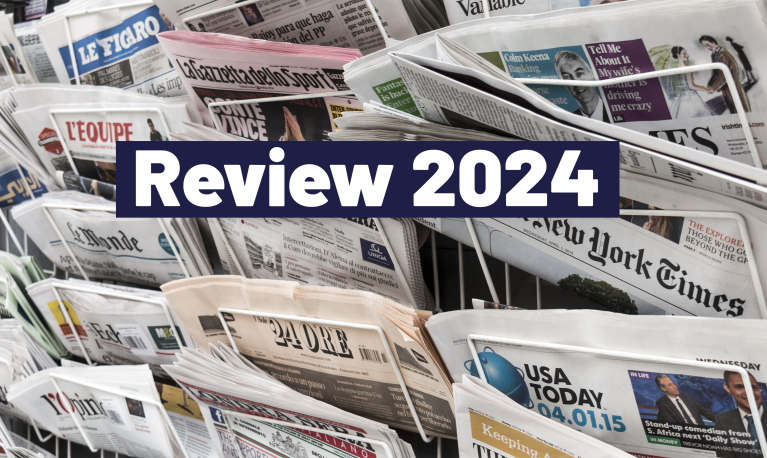
Report
21 October 2024
Published by: ALIGN
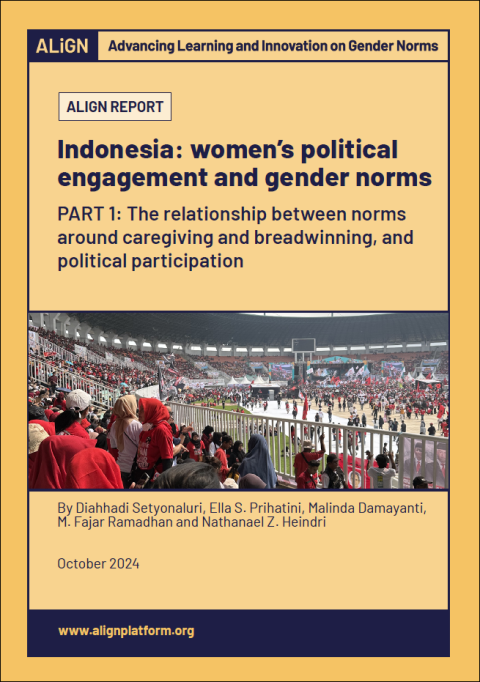
Blog
14 October 2024
Published by: ALIGN
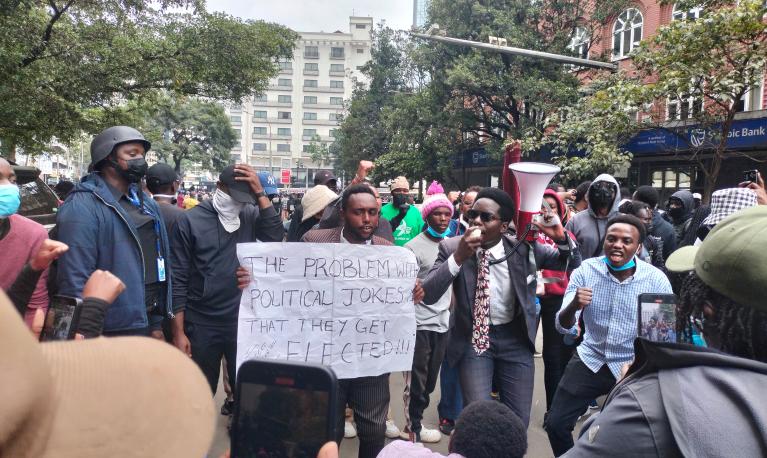
Blog
28 May 2024
Published by: ALIGN
